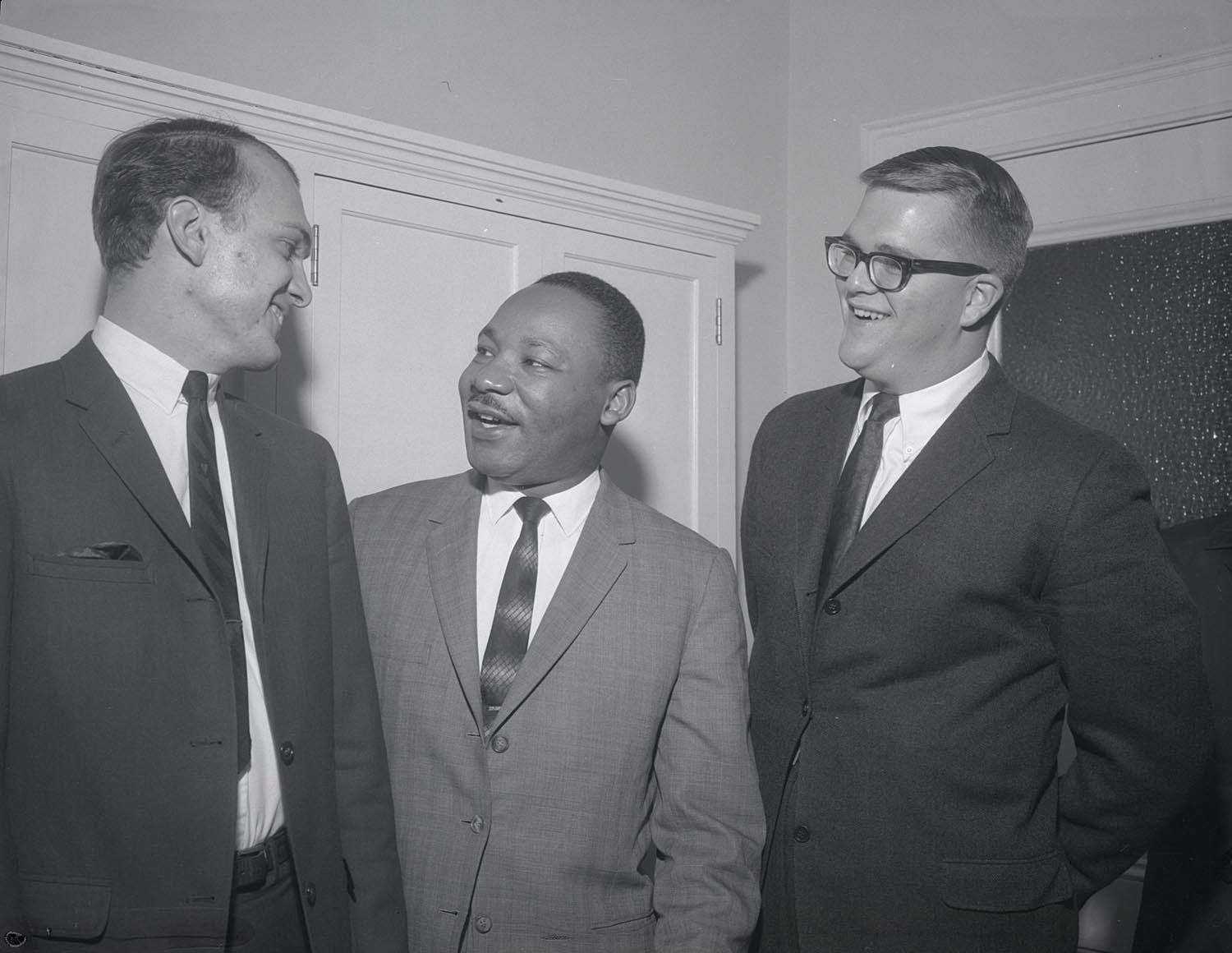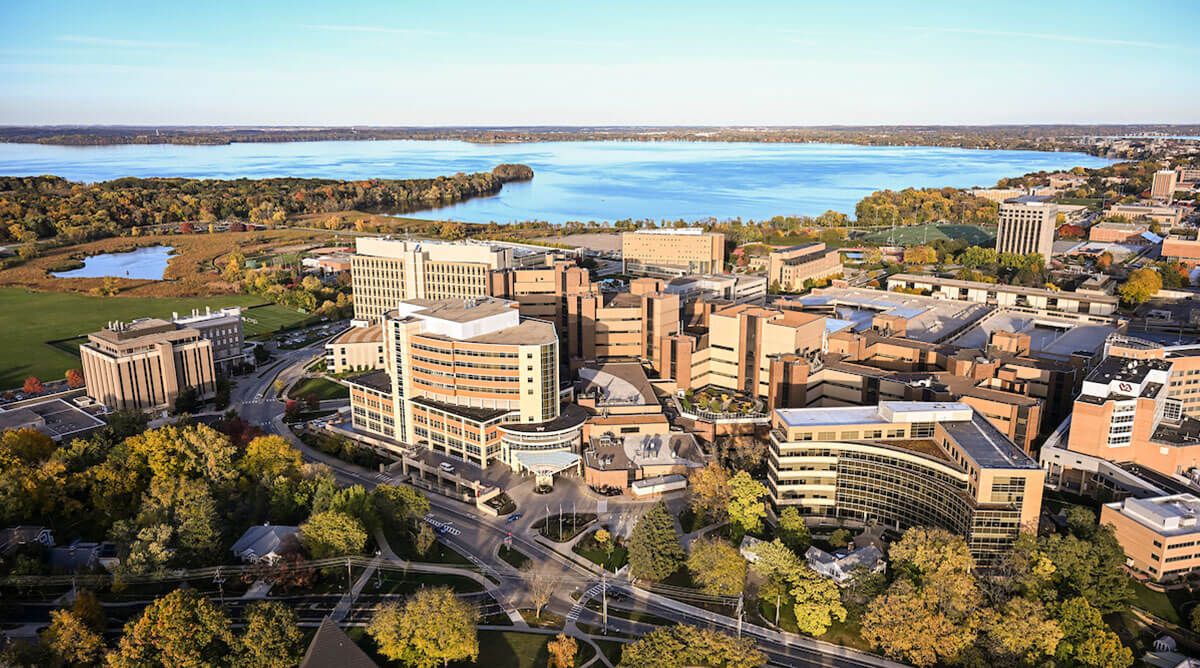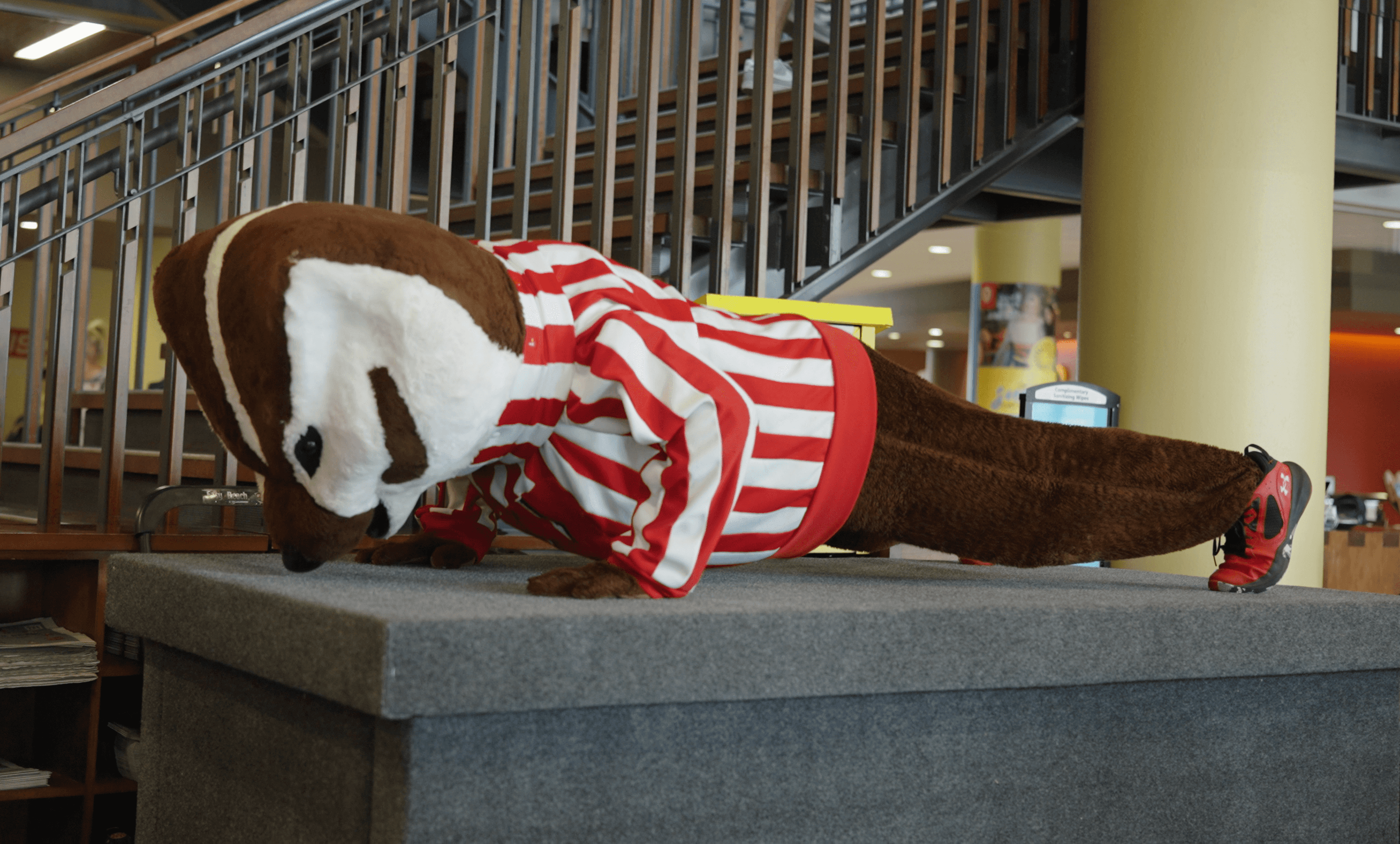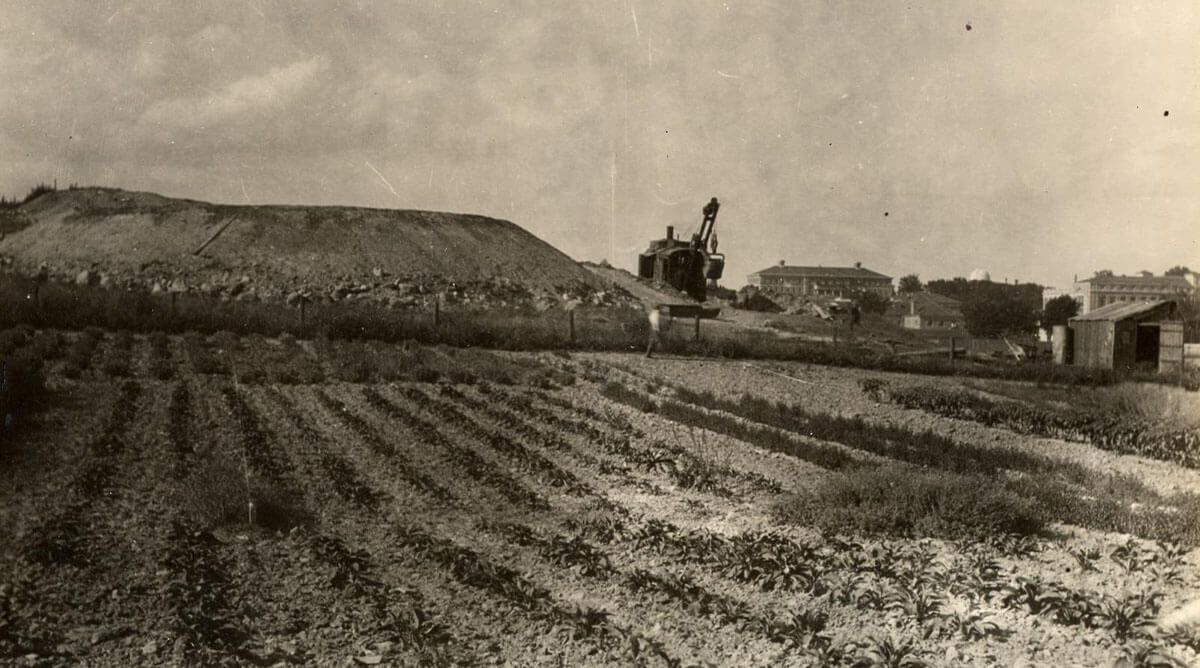Charles Fischbach helped advance the idea of a holiday celebrating Martin Luther King, Jr.
Charles Fischbach ’60, JD’67 didn’t invent Martin Luther King Jr. Day. But long before it became a federal holiday, he helped to give the commemoration a boost.
In the early 1970s, just a few years after King’s assassination, Fischbach was a labor lawyer working in Baltimore, where he represented a public employees’ association. The native New Yorker had grown up watching Jackie Robinson, however, and he come of age during the early years of the Civil Rights movement, traveling to locations in the American South to see the effects of segregation first-hand. He’d become impressed with King and his messages of nonviolence and of the importance of economic as well as legal equality.
“Dr. King had always combined civil rights with labor rights,” Fischbach says. “That’s part of what the 1963 March on Washington was about — it was about freedom but also about jobs.”
That combination of racial and economic equality guided Fischbach’s philosophy, and after King was assassinated in 1968, Fischbach became determined to see his hero honored. In 1973, during the 1973 budget discussions between the employees’ association and the city of Baltimore, he began pushing for the city to recognize Martin Luther King Jr. on what would have been King’s birthday the following January. The effort to proclaim a day in King’s honor wasn’t especially easy in a city that had seen riots after the assassination. But Fischbach persisted in pursuing a proclamation for King. “I pulled it along,” he says.
Eventually, he convinced Baltimore mayor William Schaefer to sign a proclamation naming January 15, 1974, as Martin Luther King Jr. Day in the city. Congress passed a law creating MLK Day as a federal holiday nine years later, but it wasn’t until 2000 that the holiday was observed in all 50 states.
Fischbach left Baltimore for Chicago in the mid 1970s, where he became an arbitrator/mediator adjudicating labor, employment, and civil rights disputes. He also served as commissioner of the Chicago Commission on Human Relations.







